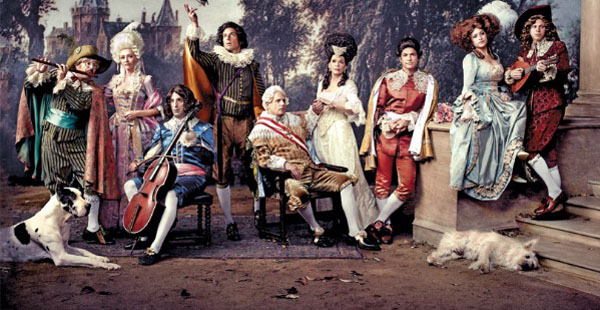Online Originals

Moving episodic content off of the TV and into new formats is not a new idea; online streaming, DVDs and DVRs have undeniably changed how and when we watch shows. The real potential for innovation, though, lies in much more than the ability to watch the same content on a different platform… it’s about no longer being beholden to television, and its current monetization structure, in the first place.
With the successful launch of Netflix’s original, House of Cards, and the highly-anticipated release of cult-classic (and TV cancelled) Arrested Development, it’s clear that there is a market for original content to thrive off of the TV set. Children’s content is a natural component of this potential, as kids, perhaps more than any other demographic, clamor to watch and rewatch their favorites (and many parents would be willing to pay for subscription services to ensure their ability to do so). With Amazon Studios actively developing 5 pilots with key players in the children’s media space, and Netflix announcing a new original series to be created in partnership with DreamWorks, it’s clear that some key players have seen the potential, and are investing heavily in it. And last week’s Kidscreen made it clear to us and fellow attendees that other major companies (Hulu, Google) will also be throwing their hat in the ring for what promises to be the next wave of children’s original content.
Our biggest concern, and excitement, in all of this potential is to see whether or not this new, “original” content will actually be all that original. We strongly believe that web content has the potential to be so much more than 11, 22 or 45 minute instances of passive consumption of video content. With the new distributors relying on more of a subscription-based model for monetization (vs. ad money and international sales), the time to take risks, and give viewers fresh, ground-breaking content is now. We think there’s a ton of potential here for the power to shift into the relationship between content creators and viewers (as evidenced by Amazon’s asking for public opinion on which pilots to pick up for series). We hope the masses push for more innovative, unique formats that creators will love to make, and viewers will excitedly pay for. Who knows… traditional broadcasters may even be forced to follow suit if new stakeholders push the envelope for what viewers expect from innovative, cross-platform content.
Only time will tell if we’re going to continue to see more of a TV 2.0 on the web, or something truly “original”. Here’s hoping it’s the latter!
